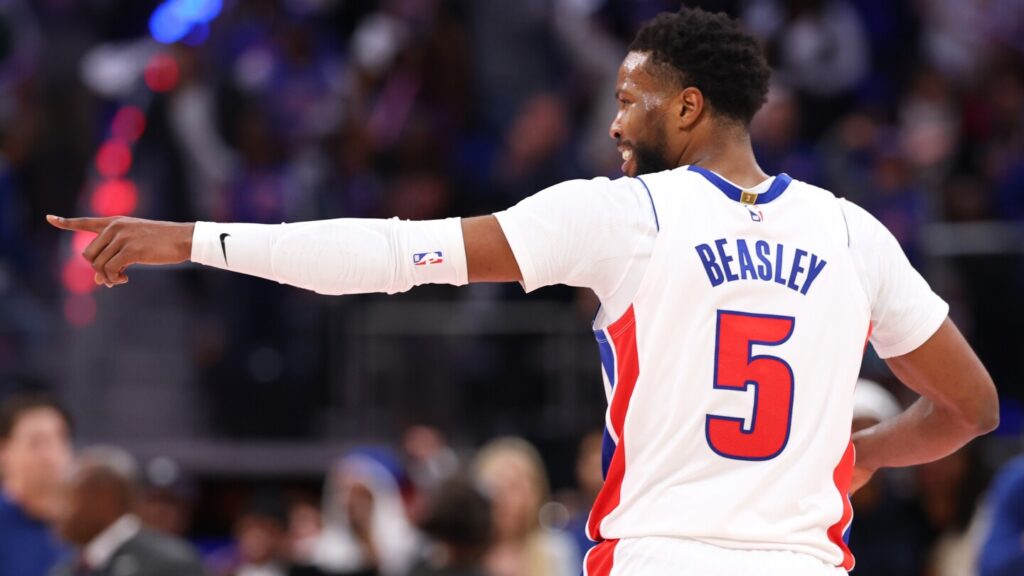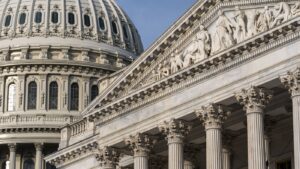
On Sunday, revelations emerged that federal authorities are investigating Detroit Pistons guard Malik Beasley for potential gambling-related offenses. This inquiry, however, is not a recent development. According to Beasley’s attorney, Steve Haney, the investigation began approximately 18 months ago and is being conducted under the oversight of the United States Attorney for the Eastern District of New York.
The investigation was reportedly triggered when an unnamed U.S. sportsbook noticed a surge in betting activity on Beasley’s statistics around January 2024. This raises questions about the monitoring practices of sportsbooks, especially as the American gambling industry navigates what many describe as a ‘wild west’ phase. The extent to which sportsbooks scrutinize betting patterns for irregularities, and whether they report such findings to authorities, remains uncertain.
The Role of Sportsbooks in Monitoring Gambling
The NFL’s evolving stance on gambling illustrates the complex relationship between sports leagues and betting entities. The league has justified its shift by emphasizing that sportsbooks, which significantly fund the league, can alert them to potential breaches of gambling policies by players or staff. However, this relationship also prompts questions about transparency and accountability.
During a discussion on the Beasley case, a pertinent question arose: Do sportsbooks always inform leagues of suspicious activities, or might they withhold information to avoid triggering scandals that could have far-reaching consequences? This is a critical consideration given the absence of major gambling scandals in the NFL since the 2018 Supreme Court decision that expanded legalized sports betting.
Gambling in Professional Sports: A Historical Perspective
The intersection of gambling and professional sports has a storied and often controversial history. From the infamous Black Sox Scandal of 1919 to more recent controversies, the integrity of sports has frequently been challenged by gambling-related issues. The current climate, fueled by the legalization of sports betting, presents both opportunities and risks.
Experts argue that while the legalization of sports betting offers financial benefits, it also necessitates robust regulatory frameworks to prevent misconduct. According to a report by the American Gaming Association, the industry generated over $4 billion in revenue in 2022, underscoring the economic stakes involved.
“The integrity of sports is paramount, and the industry must ensure that betting activities do not compromise this,” said Dr. Sarah Thompson, a sports ethics researcher at the University of Michigan.
Future Implications and Industry Reactions
The Beasley investigation underscores the need for ongoing vigilance and transparency within the sports betting landscape. As leagues and sportsbooks navigate this evolving terrain, the potential for legal, public relations, and political fallout remains significant. The question of whether the NFL and other leagues can effectively manage these challenges without major scandals is yet to be answered.
Looking ahead, the industry must grapple with the balance between monetizing sports betting and safeguarding the integrity of the games. As Dr. Thompson notes, “The future of sports betting hinges on the industry’s ability to self-regulate and maintain public trust.”
As the investigation into Malik Beasley unfolds, it serves as a reminder that in the world of gambling, as in life, luck is not a sustainable strategy. The outcome of this case may well influence how leagues and sportsbooks approach gambling-related issues in the years to come.







